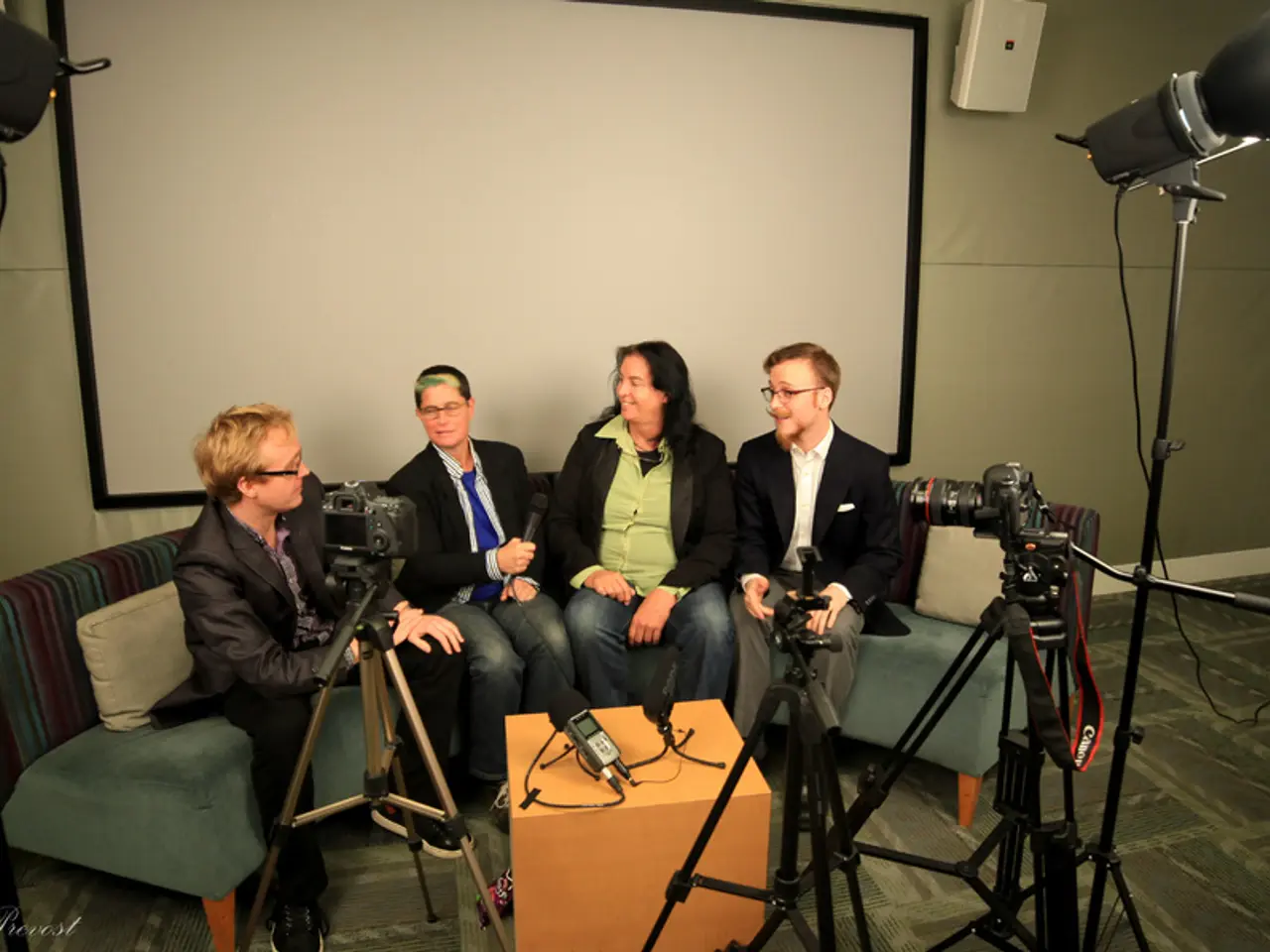Unravel Emotional Obstacles: Exploring the Role of Coaching in Empowering You to Break Free and Advance
Transforming Emotional Blocks: The Power of Coaching
Emotions, vital signs for well-being and personal development, can sometimes become obstacles in our lives. Unprocessed emotions can affect the brain, causing difficulties in making decisions and managing stress. These emotional blocks can be caused by past experiences, limiting beliefs, or irrational fears. But there is hope. Coaching has emerged as an effective tool to overcome these blocks, facilitating self-knowledge, decision making, and building emotional resilience.
Coaching transforms emotional blocks into opportunities for growth by combining empathetic listening, cognitive tools, behavioral strategies, and ongoing support. The process involves identifying the origin of the blockage, reprogramming limiting beliefs, and working with repressed emotions.
One of the key coaching approaches is increasing emotional awareness. Coaching helps people recognize and understand their feelings better, leading to improved emotional regulation and reduced impulsivity or anxiety. This heightened awareness empowers calmer, more effective responses to challenges, which combats fear and emotional blocks.
Reframing negative thoughts is another crucial aspect of coaching. Techniques like the ABCDE method (a cognitive-behavioral tool) support shifting unhelpful thinking patterns, helping individuals see situations through a more positive or realistic lens. This reduces insecurities and builds confidence to move forward despite setbacks.
Strengthening confidence through action is another important part of coaching. Coaching guides clients in identifying strengths, setting small achievable goals, and practicing new behaviors such as assertiveness or positive self-talk. This practical focus on skill-building counters lack of motivation and indecision by creating visible progress and trust in one's abilities.
Coaching can also teach impulse control and metacognitive skills, allowing individuals to better manage strong emotions that block decision-making and motivation. Coaching promotes goal clarity and boundaries, enabling sustained motivation and more confident decision-making.
It is possible to let go of a cycle and move forward. Strategies to strengthen oneself in adversity can be learned through coaching. In fact, coaching has been established as an effective tool to overcome emotional blocks, facilitating self-knowledge, decision making, and building emotional resilience.
Emotional blocks can manifest as fears, insecurities, lack of motivation, or inability to make important decisions. But with coaching, people can develop the emotional discipline and strength necessary to move forward, even in difficult times. Identifying and putting repressed emotions into words is a great advance in overcoming emotional blocks.
Coaching allows for opening new perspectives to transform one's life and overcome emotional blocks. Albert Einstein suggests that coaching can help open one's mind to new ideas. Emotional blocks due to lack of self-confidence can be overcome, and emotional conditioning can be transformed into emotional freedom.
In conclusion, coaching offers a powerful approach to overcoming emotional blocks. By increasing emotional awareness, reframing negative thoughts, strengthening confidence through action, supporting emotional regulation skills, promoting goal clarity and boundaries, coaching enables individuals to recognize emotional triggers, challenge self-doubt, and develop adaptive responses that foster resilience and motivation.
Coaching utilizes psychology and neuroscience to help individuals overcome emotional blocks, providing education and self-development opportunities for personal growth. Recognizing and understanding emotions better leads to improved regulation, reducing impulsivity or anxiety. Reframing negative thoughts using cognitive tools like the ABCDE method fosters positive thinking, reducing insecurities and building confidence. Strengthening confidence and impulse control through action reinforces skill-building, creating visible progress and trust in one's abilities. Coaching also promotes setting goals and boundaries, fostering sustained motivation and confident decision-making, ultimately allowing people to move forward despite adversity. This holistic approach to mental-health and health-and-wellness empowers emotional resilience, leading to a transformed life. Coaching can be a powerful ally for anyone seeking to break free from emotional blocks and achieve emotional freedom.




